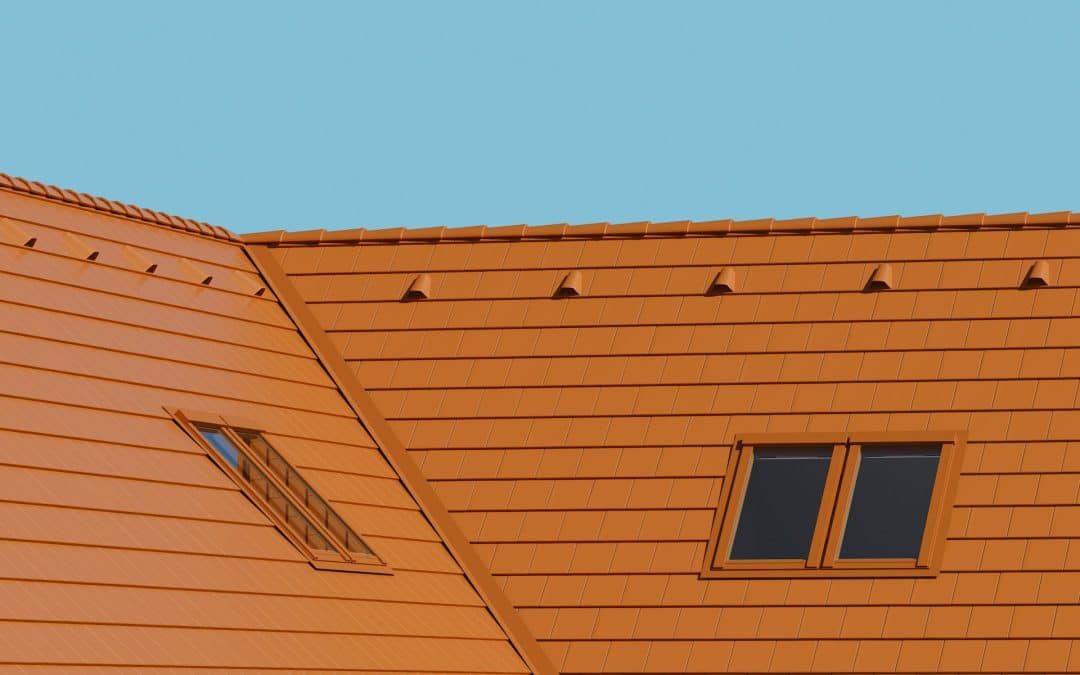Commercial PVC roofing systems have been around for years, yet many misconceptions still surround them. These myths can make building owners hesitant to choose PVC roofs for their commercial buildings. Understanding the facts is crucial for making informed decisions about roofing options.
One common myth is that PVC roofing is not durable. Some people think that because it is plastic, it won’t last long. This is far from the truth. PVC roofing is designed to withstand harsh weather conditions and heavy foot traffic, making it a strong and reliable choice.
Another myth is that PVC roofing systems are too expensive. While the initial cost may be higher compared to other materials, PVC roofing offers long-term savings through its durability and energy efficiency. It’s important to consider the overall value rather than just the upfront cost.
There is also a belief that PVC roofing is harmful to the environment. Many worry about plastic’s impact on the planet. However, PVC roofing can be recycled at the end of its life, reducing its environmental footprint. Moreover, it helps improve energy efficiency, which can reduce a building’s overall energy use.
Lastly, some people think PVC roofing is difficult to repair and maintain. This misconception can deter building owners from considering it. In reality, PVC roofs are known for their low maintenance requirements and ease of repair. Simple, regular inspections and minor fixes can keep a PVC roof in great shape for many years.
Understanding and debunking these myths will help you see the real benefits of commercial PVC roofing systems. This guide will address these common misconceptions and provide a clearer picture of why PVC roofing is a smart choice for commercial buildings.
Myth: PVC Roofing Is Not Durable
Many believe that PVC roofing lacks durability because it is made from plastic. This could not be further from the truth. PVC roofing is engineered to withstand severe weather, including heavy rain, strong winds, and even hail. Its strength lies in its robust formulation and flexible nature, which allows it to resist damage from impacts and temperature changes.
PVC roofs are also highly resistant to fire, chemicals, and UV rays. These properties make them ideal for commercial buildings, which are often exposed to various harsh conditions. The material is designed to last for many years without significant wear and tear. In fact, many PVC roofing systems come with warranties that cover up to 30 years, highlighting their long-term durability.
Furthermore, PVC roofing is built to handle heavy foot traffic, such as workers conducting maintenance on rooftop equipment. Its puncture-resistant surface ensures that routine activities do not compromise the roof’s integrity. This durability makes PVC roofing a reliable and long-lasting option for commercial buildings.
Myth: PVC Roofing Is Expensive
A common myth about PVC roofing is that it is too expensive for commercial buildings. While the initial cost can be higher than some other materials, it’s essential to look at the big picture. PVC roofs offer excellent long-term value. Their durability means fewer repairs and replacements over time, which translates to cost savings.
PVC roofing is also energy-efficient. Many PVC systems have reflective surfaces that help reduce heat absorption. This can significantly lower a building’s cooling costs, especially during hot months. The energy savings can offset some of the initial installation expenses, making PVC roofing a financially smart choice.
Moreover, PVC roofs require less maintenance than other roofing types. The minimal upkeep further reduces costs associated with roofing over the years. When considering the total cost of ownership, PVC roofing often proves to be a more economical option compared to materials that require frequent repairs and replacements.
Investing in a durable and energy-efficient PVC roofing system can provide long-term savings and peace of mind. It’s an intelligent investment for any commercial building looking to reduce costs and improve sustainability.
Myth: PVC Roofing Is Harmful to the Environment
Another common myth is that PVC roofing is harmful to the environment. Many people assume that because PVC is a type of plastic, it must be bad for the planet. However, PVC roofing is actually quite eco-friendly.
PVC roofs reflect sunlight, which helps reduce the heat island effect in urban areas. This reflection lowers cooling costs by keeping buildings cooler and reducing energy consumption. Using less energy means that buildings have a smaller carbon footprint, which is good for the environment.
Furthermore, PVC roofing materials can be recycled at the end of their lifespan. This recycling process reduces waste and lessens the environmental impact. Unlike some other roofing materials, PVC does not contribute to landfill overflow because it can be repurposed into new products.
Plus, the long lifespan of PVC roofing means fewer replacements and less frequent waste generation. Sustainable and recyclable, PVC roofing supports green building practices, making it a responsible choice for environmentally conscious commercial property owners.
Myth: PVC Roofing Is Difficult to Repair and Maintain
Some believe that PVC roofing is difficult to repair and maintain. This misconception may keep building owners from considering PVC roofs. In reality, PVC roofing is known for being low-maintenance and easy to repair.
First, PVC roofs are incredibly durable and do not require frequent repairs. The material itself is resistant to punctures, tears, and chemical spills. However, when repairs are needed, they are straightforward. Most damage can be fixed by applying patches, which adhere well to the existing roof.
Next, maintaining a PVC roof is simple. Regular inspections to remove debris and check for damage will keep the roof in good condition. These inspections help catch minor issues before they become major problems, making maintenance tasks easier and less frequent.
Moreover, PVC roofs are designed to withstand various weather conditions, which means they can handle heavy rain, snow, and strong winds without significant wear. Their resistance to moss and algae growth also reduces the need for frequent cleaning, ensuring that maintenance remains hassle-free.
Conclusion:
Clearing up common myths about commercial PVC roofing systems reveals the true advantages of this reliable material. PVC roofs offer exceptional durability, cost-effectiveness, environmental benefits, and ease of maintenance, making them a smart choice for commercial buildings. Misconceptions should not deter property owners from considering PVC roofing as a viable option for their roofing needs.
For professional PVC roofing installation and maintenance, trust the experts at Mike Huddleston Roofing Systems. We are committed to delivering quality service for your roofing projects. Contact us today to learn more about how a PVC roof installation can benefit your commercial property.

